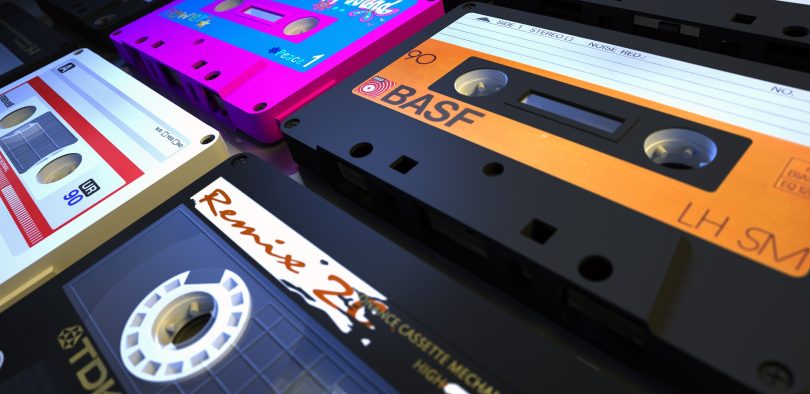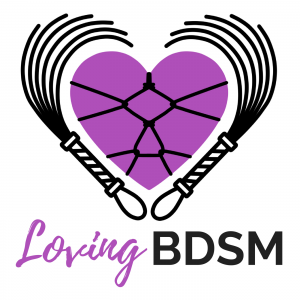Image via Pixabay
Ever had a moment when something happening today reminds you of a bad experience from days, weeks, or even years before – and you react based on that memory? Worse, you later realized you overreacted and treated someone unfairly? John Brownstone and I call that combination of memory and reaction a “bad tape.” These are old experiences and memories that can play on a loop in your head telling you that you’re not good enough or that your partner doesn’t really love you. They’re also the things that can allow you to sense a similarity in look, tone, or even posture in someone today and react as if you’re dealing with a different someone from years ago.
Bad tapes suck.
This week on Loving BDSM, we’re finally talking about what we meant in all those other episodes when we said “bad tapes” and how they impact relationships (in general and in D/s). No one is immune from them (sometimes referred to as “baggage”) but with help, self care, and time (and maybe a good partner), they can have less of an impact on your life.
From the show:
- Our 100 episode giveaway is still going on – sponsored by Godemiche!
- Kayla has a random lube giveaway on her website through October 12, 2017
- Kinky Book Club is reading The Siren by Tiffany Reisz in October
- The next submissive meeting – live-streamed and available for Kinky Fuckery members – is September 30, 2017 at 8pm eastern
- What are bad tapes?
- Figuring out your bad tapes
- Talking about them with a partner
- Be careful about “diagnosing” your partner with bad tapes
- Bad tapes can impact who you choose as a partner
- Understanding how bad tapes affect your relationship
- Communicating about your bad tapes – and your partners
- How to work through them together
- Seek professional help if necessary – there’s no shame in it
Listen to the show:
Or click the button below…



Eric Berne wrote about Transcactional Anaylsis which talks about the “tapes” that continue to play through out our life. We can not erase the tapes but we can change how we respond to them. A very popular book based on Berns’s theories is “I’m Ok; You’re Ok by Thomas Harris. I used Berne’s material in my practice and got very good results.
Very cool! Maybe that’s where the original expression came from for JB and WordWytch. And yes, I agree, it is about changing how we respond to them. 🙂